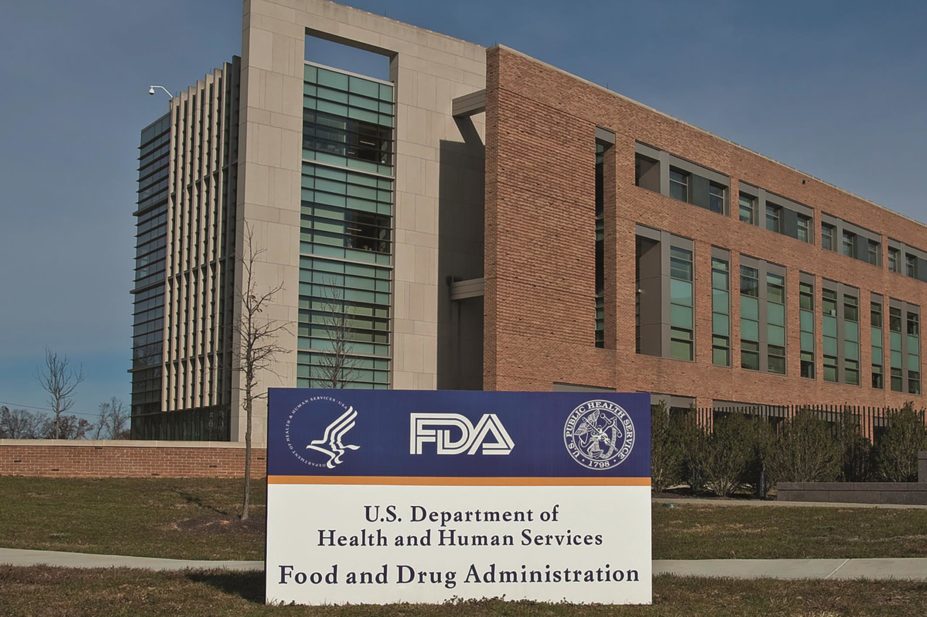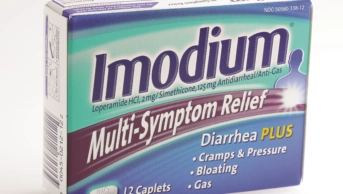
US Food and Drug Administration
The Food and Drug Administration (FDA) has approved the use of gemtuzumab (Mylotarg) for the treatment of adults with acute myeloid leukaemia (AML) whose tumours express the CD33 antigen.
The drug was also approved for those aged two years and older who have experienced a relapse or may not have responded to initial treatment.
Gemtuzumab is a monoclonal antibody that originally received accelerated approval in May 2000 as a stand-alone treatment for older patients with CD33-positive AML who had experience relapse. However, it was voluntarily withdrawn from the market after subsequent trials failed to verify its clinical benefit and a high number of early deaths were recorded.
The latest approval by the FDA is for a lower dose of the drug, a different schedule, in combination with chemotherapy or on its own, and a new patient population.
“We are approving Mylotarg after a careful review of the new dosing regimen, which has shown that the benefits of this treatment outweigh the risk,” said Richard Pazdur, director of the FDA’s oncology center of excellence and acting director of the office of hematology and oncology products in the FDA’s Center for Drug Evaluation and Research.
“Mylotarg’s history underscores the importance of examining alternative dosing, scheduling, and administration of therapies for patients with cancer, especially in those who may be most vulnerable to the side effects of treatment,” he explained.
The safety and efficacy of gemtuzumab, which is thought to work by taking the anti-tumour agent to the AML cells that express the CD33 antigen, blocking the growth of cancerous cells and causing cell death, was assessed as a stand-alone treatment in two separate trials.
The first trial included 237 patients with newly diagnosed AML who could not tolerate or chose not to receive intensive chemotherapy. It was found that patients who received the drug survived longer than those who received only best supportive care.
In the second trial, 57 patients with CD33-postiive AML who had experienced one relapse of disease received a single course of gemtuzumab. Following treatment, 26% of patients achieved a complete remission that lasted a median 11.6 months.
Side effects include fever, nausea, infection, vomiting and neutropenia and the prescribing information includes a boxed warning that severe or fatal liver damage, including blockage of veins in the liver, occurred in some patients who took gemtuzumab.


